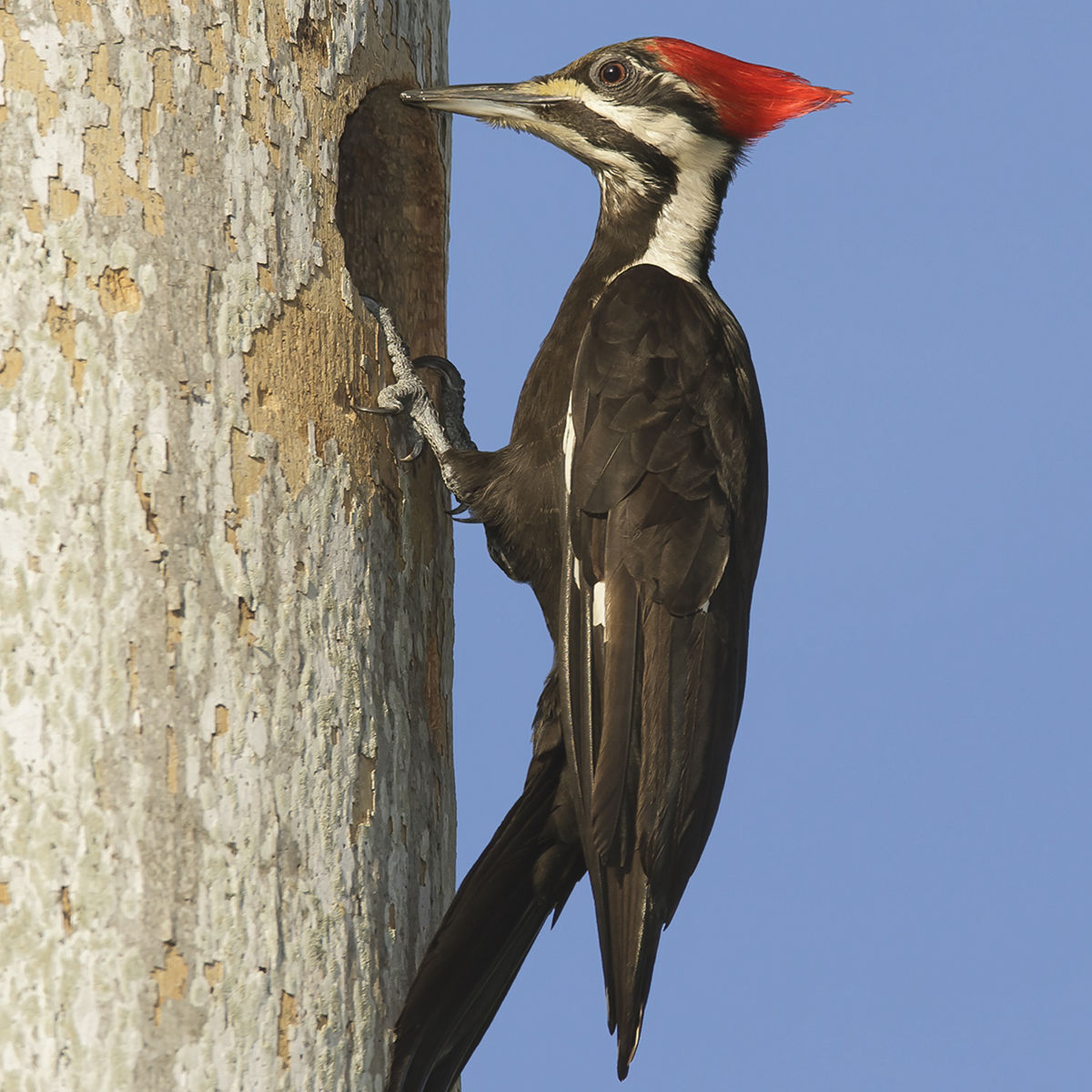Discover the Interesting Globe of Woodpeckers: Whatever You Need to Know
The world of woodpeckers is a world loaded with unique behaviors, elaborate adaptations, and a varied range of species. From their environments and distribution patterns to their feeding behaviors and specialized physiological features, woodpeckers have actually long mesmerized the interest of ornithologists and nature lovers alike. Understanding the details of these interesting birds offers a glance into the intricate interplay in between their biology and the environment. As we explore the globe of woodpeckers even more, we reveal a wide range of information that loses light on their significance in ecosystems and the obstacles they face in an ever-changing globe.
Woodpecker Habitats and Distribution
In North America, for example, woodpeckers can be spotted in both coniferous and deciduous forests, utilizing their strong beaks to forage for pests and produce nesting cavities in trees. In Africa, specific woodpecker types have actually adjusted to dry environments, such as the acacia forests, where they play an important role in regulating insect populations.

Feeding Behaviors and Diet Plan
Woodpeckers use their solid beaks to pierce right into the bark of trees, probing for insects and larvae hidden under the surface area. In addition to bugs, woodpeckers likewise eat nuts, seeds, fruits, and sap.
Woodpeckers are known for their drumming behavior, which serves not just to interact with other woodpeckers yet also to situate food. The rapid drumming audio is created by the bird pecking on powerful surfaces like dead trees or steel poles. This habits can attract bugs hidden in the timber, permitting the woodpecker to detect their existence and eat them.
Distinct Adaptations for Tree Climbing
In their skilled pursuit of pests concealed within tree bark, woodpeckers have actually advanced remarkable anatomical functions that furnish them with one-of-a-kind adjustments for effective tree climbing. Woodpeckers have strong neck muscles and a special head framework that take in the influence of consistent pecking, permitting them to climb up discover this and down without creating harm to their minds. These adaptations display the extraordinary transformative design that allows woodpeckers to browse trees with precision and effectiveness.
Diverse Woodpecker Species Worldwide
With over 200 different varieties spread across various environments worldwide, the family of Picidae encompasses an amazing variety of read woodpeckers. These birds can be discovered in woodlands, timberlands, savannas, and even urban locations, showcasing their flexibility to various settings. From the famous Northern Flicker in North America to the colorful and elusive Crimson-backed Flameback in Asia, each woodpecker species shows distinct features in regards to tuft, actions, and environment preference.
Woodpeckers differ substantially in dimension, with the petite Downy Woodpecker determining around 6-7 inches in length, while the powerful Lineated Woodpecker can get to up to 17 inches - Woodpeckers in Florida. Their beaks likewise are available in different forms and sizes, reflecting their feeding habits. Some varieties focus on removing insects from tree bark, like the Acorn Woodpecker, while others, such as the Black-cheeked Woodpecker, eat fruits and seeds

Preservation Efforts and Challenges
Conservation campaigns for woodpecker populations are important in minimizing the influence of environment loss and various other hazards facing these varied avian species. Woodpeckers face various challenges to their survival, mainly due to deforestation, urbanization, climate change, and intrusive types. To resolve these concerns, conservation initiatives concentrate on protecting and bring back woodpecker environments, carrying out sustainable forestry practices, and elevating understanding about the significance of these birds in ecosystems.
One considerable challenge in woodpecker preservation is the fragmentation of their habitats, causing separated populations that are extra susceptible to extinction - Woodpeckers in Florida. Guardians work to produce wildlife hallways and secured areas that attach these fragmented environments, enabling woodpeckers to move in between different locations for feeding, breeding, and sanctuary

Final Thought
In final thought, woodpeckers are remarkable birds with unique adaptations for tree climbing and feeding actions. Further study and preservation actions are required important site to make certain the survival of woodpeckers in the wild.
Comments on “Observing Woodpeckers in Florida: Variety Variety and Circulation”